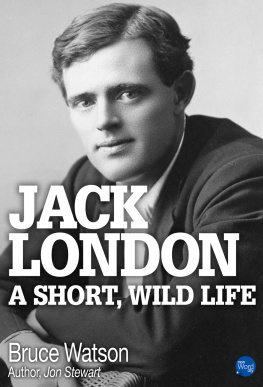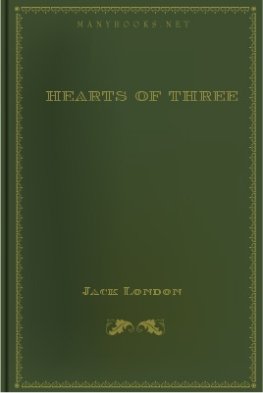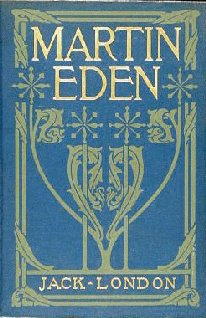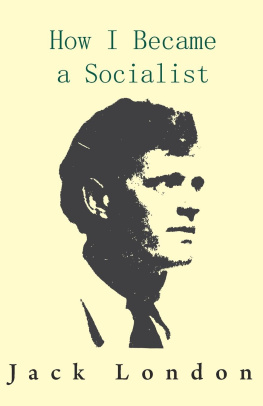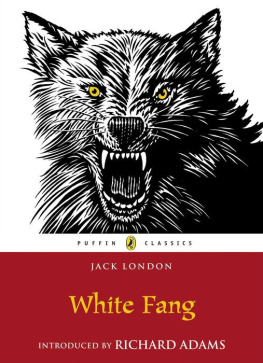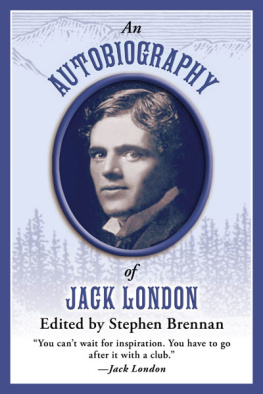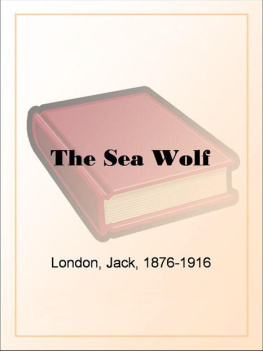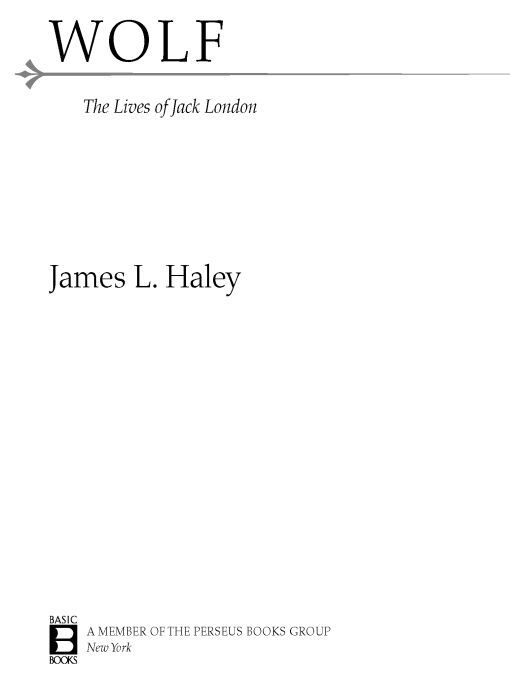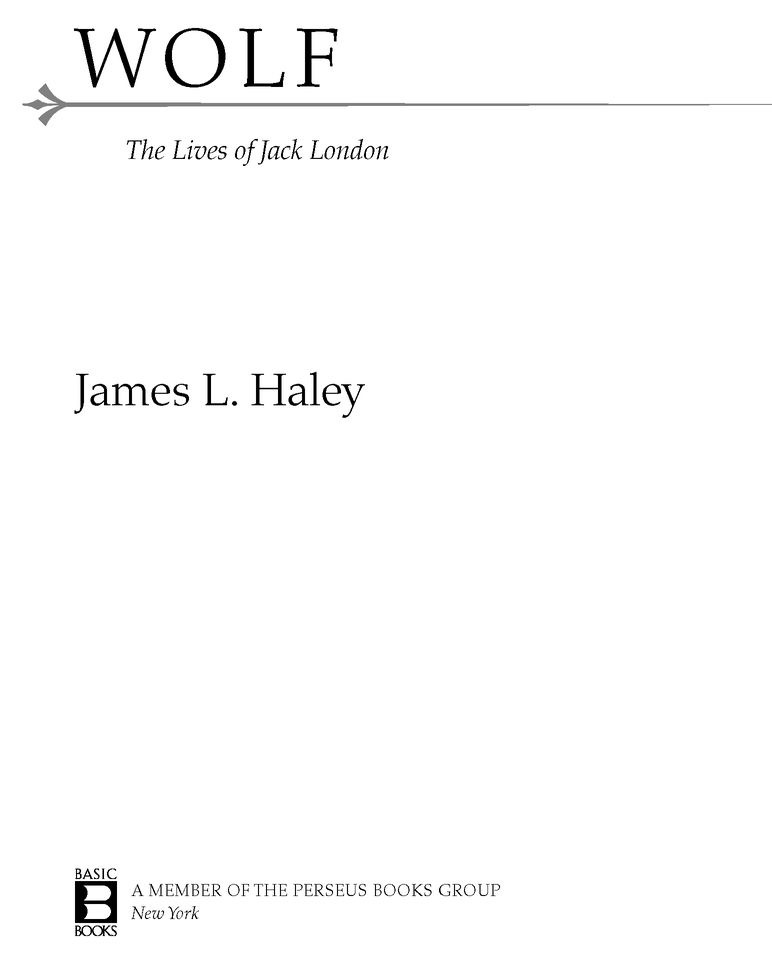Table of Contents
ALSO BY JAMES L. HALEY
FICTION
Final Refuge
The Lions of Tsavo
The Kings of San Carlos
NONFICTION
Passionate Nation: The Epic History of Texas
Stephen F. Austin and the Founding of Texas
Sam Houston
Texas: From Spindletop Through World War II
Most Excellent Sir: Letters Received by Sam Houston,
President of the Republic of Texas, at Columbia, 1836-1837
Texas: An Album of History
Apaches: A History and Culture Portrait
The Buffalo War: The History of the Red River
Indian Uprising of 1874-1875
CO-AUTHOR
One Ranger Returns (with H. Joaquin Jackson)
To Greg Walden, with love and thanks
He was youth, adventure, romance.
He was a poet and a thinker.
He had a genius for friendship.
He loved greatly and was greatly loved.
ANNA STRUNSKY
He just jumped into life with both feet in that courageous way of his, and he got romance and mystery and beauty out of it where other men could see only labor. Thats genius.
JOHNNY HEINOLD
His eyes were those of a dreamer, and there was almost a feminine wistfulness about him. Yet at the same time he gave the feeling of a terrific and unconquerable physical force.
ARNOLD GENTHE
Here was youth, exuberance, throbbing life.
Here was the good comrade, all concern and affection.
EMMA GOLDMAN
PREFACE
Nearly a decade before the death of Samuel Clemens, Mark Twains place as Americas favorite author was usurped by a California adventurer not yet thirty years old. In 1902, Jack London was regarded merely as an up-and-coming short story craftsman, but during the following year he took the American literary stage by storm with no fewer than three significant books: an introspective probe into the nature of affection and relationships in The Kempton-Wace Letters; a conscience-searing cri de coeur for social justice in The People of the Abyss; and then, the major sensation, a muscular Alaskan adventure novel titled The Call of the Wild. Following these in 1904 with the darkly hair-raising The Sea-Wolf, London fast became a full-fledged literary phenomenon, a front-page celebrity, and the highest-paid writer in America.
The mass of readers who lionized the gentle humor of Mark Twain were unaware that he had hidden his true feelings from themhis anguish at the human condition and his disgust with the moral failure of American capitalism and militarism. London shared these feelings, but in him the readership encountered a vastly different artist. He was an angry young man who could enthrall them with his adventure stories, but he also wrote flame-throwing jeremiads against the social injustices of his day. Londons early circumstancesillegitimacy and poverty, years of brutish child labor and numerous personal and galling experiences with class prejudicekindled a socialist fire in his belly that never abated. After he attained the national stage, his dismay was unassuageable that the public who adored his novels and stories did not care to hear his political opinions. After his death, memory of his politics was conveniently erased and he was refashioned as the quintessential author of boys adventure stories. He thus became, and remains, perhaps the most misunderstood figure in the American literary canon. (He is not the only hero in our historical pantheon to have been given a bath before inclusion thereCharles Lindbergh comes to mind, from the right, and Helen Keller, from the left.)
Londons books and stories were wildly popular during his lifetime, and just as quickly dismissed as a fad after his untimely death at age forty in 1916. During the Red Scares of the 1920s and 1950s his attacks on capitalism called his American loyalties so much into question that, though he was long dead, the FBI opened a dossier on him. Too popular to suppress, he was retained as a literary icon of juvenile adventure, and his keen sense of social justice was quietly forgotten, except by college professors and dedicated socialists.
Jack London was a socialist not because he was lazy or sought to live on the labor of others; few American writers have ever worked harder to educate and improve themselves, or have produced a more prolific stream of work. He was a socialist because of the manifest evil that he saw result from the abuses of unrestrained capitalismthe operative word being unrestrained. London himself was a lifelong capitalist, an entrepreneur; he built up a successful ranch with innovative demonstration projects, he licensed his famous name to commercial products, he took risks and did not whine when gambles failed. But the United States of the late nineteenth and early twentieth centuries was the heyday of the ugliest excesses of unfettered, laissez-faire capitalism, the Gilded Age (Mark Twains term) of corporate oligarchy, of worker abuse and oppression. The result was breathtaking social injustice as vividly displayed as it is in todays very comparable era. London witnessed the lower-class laborers slaving all their lives with no chance of getting an even break, and it represented to him a betrayal of the American dream that he unforgivingly set his face against. When London resigned from the American Socialist Party not long before his death, it was not because he had lost his zeal; he resigned because its members had lost theirs.
His political views, however, were not the only source of controversy about this immensely complex figure. He vigorously defended the rights of native peoples against exploitation by white, industrialized, Western society, but he was also a racialist who believed that those people were better off not mixing with whites. The difference between this and a racist was a distinction too subtle for many people in his own time as well as today, and he has proven vulnerable to a charge of racism. He was a robustly physical and highly sexualized man who struggled to find expression in a society still bound by the pruderies of the Victorian age. A spiritual man with a lifelong interest in the passion and teachings of Jesus, he was mortified at the role religion played in maintaining an unjust society, and claimed to embrace atheism to the end. Throughout his life he was tortured by the self-imposed imperative to do right by those whom fate had placed close to him, and despite the generous advances he received for his books, he often lived in poverty as he supported them. Yet he would have to be counted as a poor husband and a disastrous father. While in some ways he was never a child, in other ways he never grew up. When London met and ultimately married the woman who should have been ideally suited for him, maturity and even fidelity still eluded him.

There have been many Jack London biographies, primarily of three types. The first and most numerous has been the biography for juvenile readers, meant to satisfy their curiosity about this fascinating man who fired their imaginations with The Call of the Wild, White Fang, and The Sea-Wolf. The second approach has been the general biography, fast and punchy, recounting his extraordinary life while avoiding interpretation that might get in the way of reading it as an adventure story. They are necessarily short and, excepting certain occasional flashes of insight, superficial. In addition to these books of Jack London lite, there have been many volumes of limited scope: Jack London and Alaska, Jack London and the South Seas, Jack London and socialism, Jack London and women.


